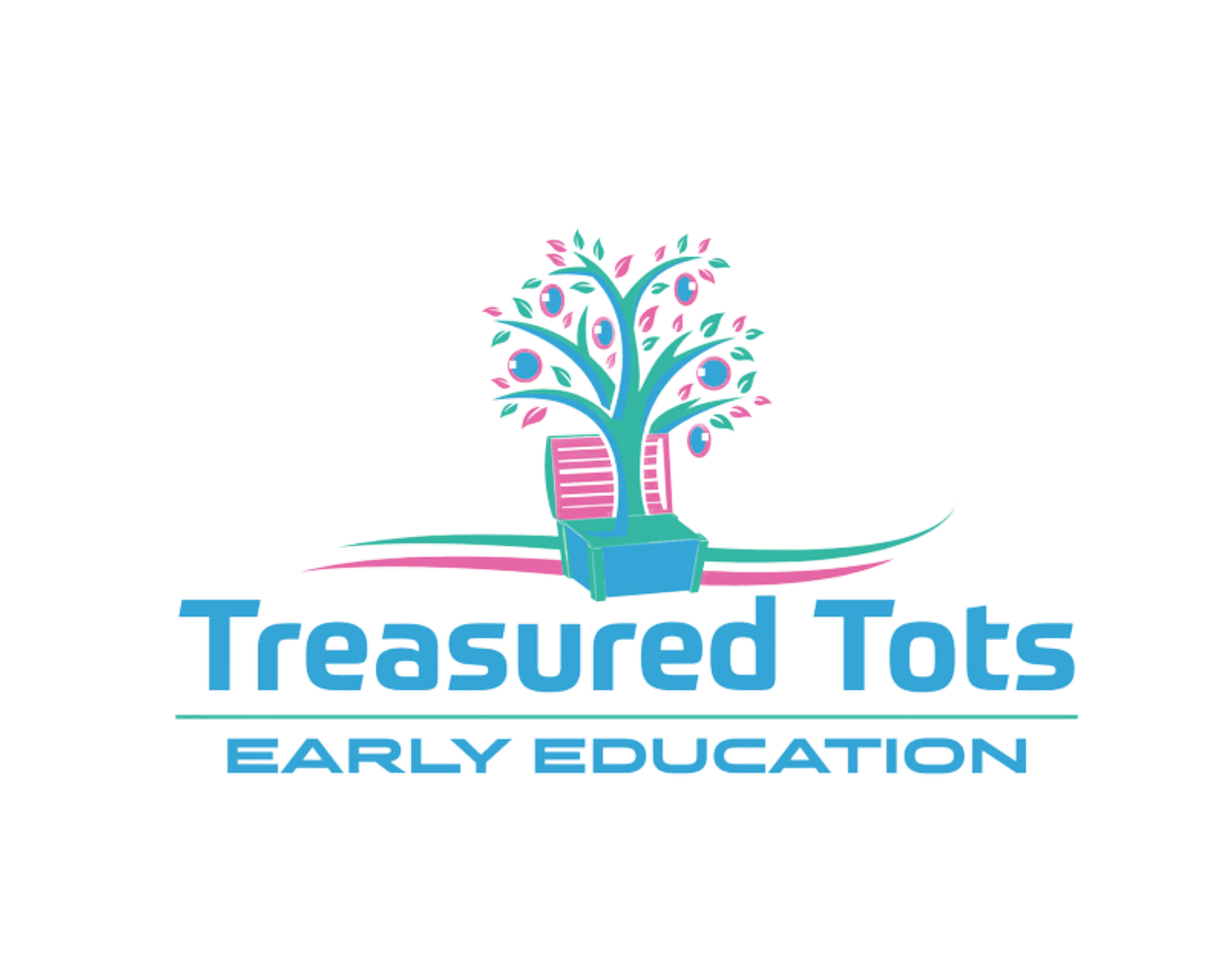Extending Reggio Emilia Principles At Home
If the Reggio Emilia approach to education is an important consideration in your choice of early education provider, or if your child is already enrolled in a Reggio Emilia-inspired school, you’re probably interested in finding out how you can extend those principles at home.
Let’s first briefly summarise the Reggio Emilia approach and then we’ll delve into ways that parents and caregivers can embrace the philosophy in all aspects of family life.
Essentially, Reggio Emilia is a lifestyle of learning. It respects the child as fully capable with an innate curiosity, wonder and creativity that drives them to explore and discover the world around them. The approach empowers the child to guide their own learning by pursuing topics that interest them.
Relationships are at the heart of Reggio Emilia, with the interconnectedness between the child, educators, parents, caregivers, the wider community and the environment igniting their love for learning.
Parents are seen as playing a vital role in their child’s educational experience, and their involvement is welcomed and actively encouraged. Parents are seen as partners, bridging the gap between school and home to maintain the energy and excitement of learning.
Let’s look at three ways that parents can extend Reggio Emilia principles at home.
Communication
Loris Malaguzzi, the founder of the Reggio Emilia philosophy, believed that children were natural communicators and that they should be encouraged to express themselves in a wide variety of ways. We talk to our children all the time, but try and have meaningful conversations in which you can discover where your child’s interests lie. Look to create opportunities where they can explore those interests (eg through books, toys, outings, artworks), ask questions, respect their answers and allow them to express themselves in any way they feel they can.
A child learns about the world through their relationships and through collaboration and discovery, and you can extend this approach by having family chats where everyone has a voice, where ideas are shared and where problems are solved.
Discovery
In Reggio Emilia, the environment is referred to as the ‘third teacher’. You can support your child’s learning by creating spaces at home which are set up to encourage self-directed exploration and discovery. These spaces should promote independence and should include items that can spark the child’s curiosity. Mirrors, musical instruments, art materials, items from nature, things with different textures and shapes - choose items that encourage your child’s exploration through creative expression and problem-solving. And if there are siblings of different ages in the home, they should be encouraged to collaborate on projects together. Remember, projects can be long-term as the child’s learning is more about the process than having a tangible end product.
You’ll often find that children will start off on one topic and then pursue another line of enquiry related to that topic because their journey of discovery has sparked a new interest. Let that happen naturally, and revel in the joy and wonder of learning new things together!
Learn by doing
Children learn by doing and it’s really helpful to give them things to do at home to empower them and give them a sense of responsibility.
Tasks like setting the table, washing the salad, feeding the dog, tidying up, helping in the garden or putting the laundry away provide valuable opportunities for children to learn by doing. Allow them to make mistakes and don’t fret if things aren’t done perfectly - it’s important to integrate learning into everyday life at home (quality control can come later!). For example, you could always set up a playshop at home to help develop numeracy skills.
Find out more in “Is Reggio Emilia The Same As Montessori?”
In conclusion...
When you choose to extend Reggio Emilia principles at home, you’re choosing to be a valuable and active partner in your child’s education and provide a crucial bridge to their learning experiences at school.
Here at Treasured Tots Early Learning, we like to call our centres ‘homes away from home’. If you’d like to find out more, we welcome you to get in touch with the friendly team at one of our childcare centres in Mandurah, Fremantle or Bibra Lake via piarawaters@treasuredtots.com.au.
If you found this article useful, you might also like "Our New Childcare Centre In Piara Waters" and "How To Have A Stress-Free Start To The Day"

